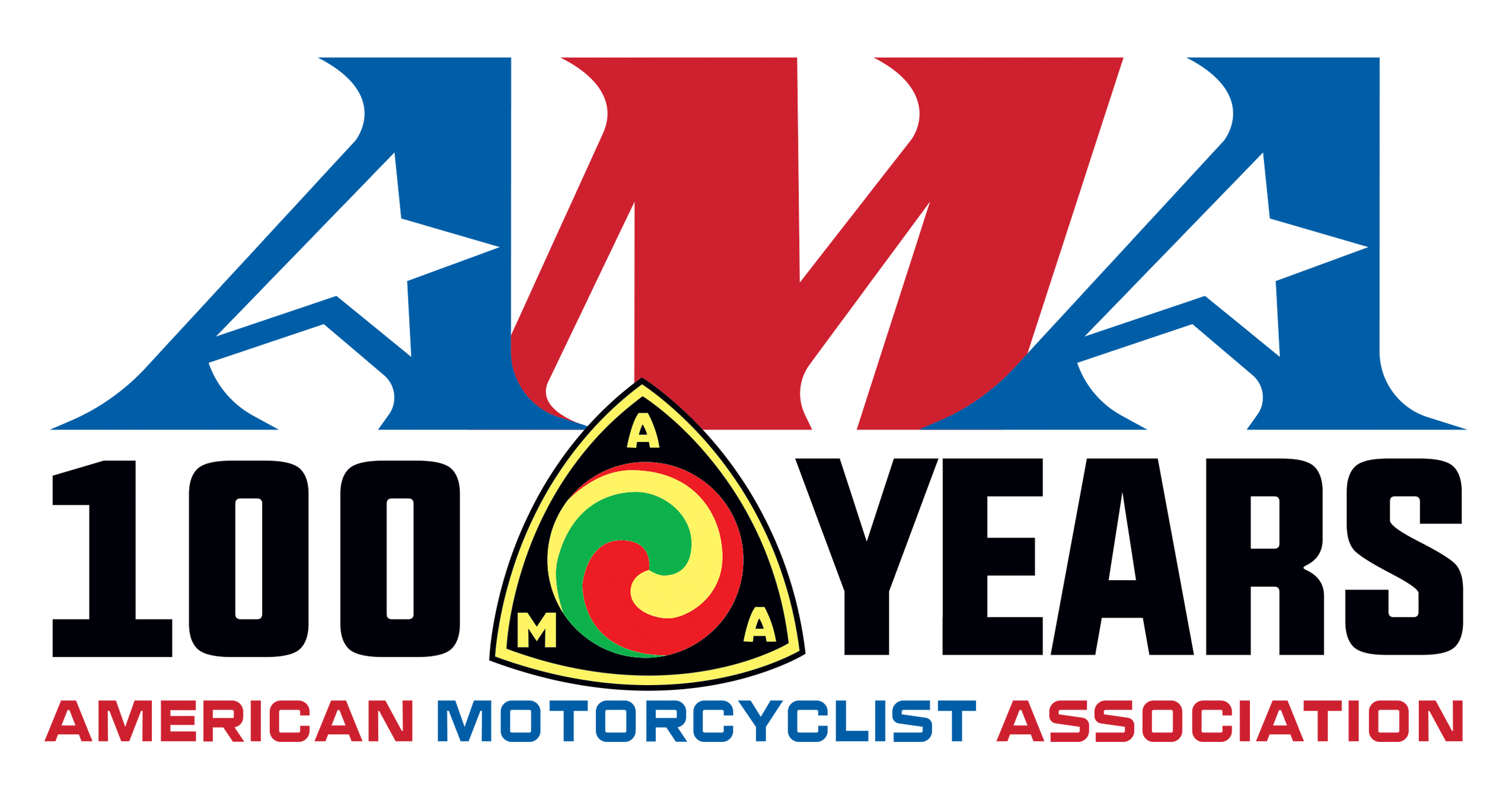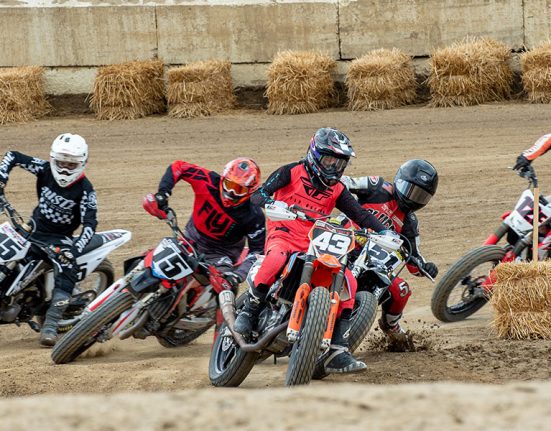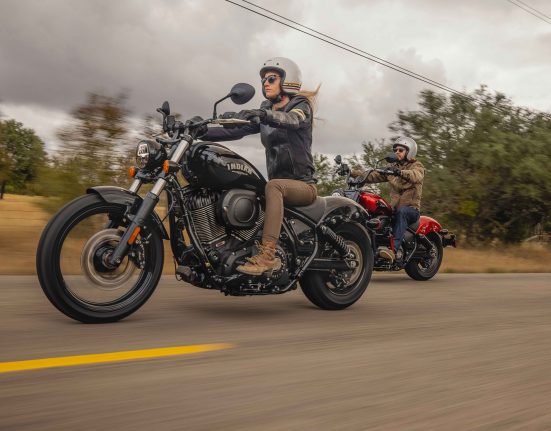Getting Started: Street Riding
This isn’t the “good old days,” when you’d borrow a neighbor’s battered old street scrambler and, after a startlingly brief conversation about “1-down, 4-up” shift patterns, you’d make a few passes up and down the alley behind the house and be anointed a motorcyclist ready for the open road.
There’s no need for the school of hard knocks approach anymore. Nowadays, there are so many great programs designed to familiarize you with the basic operation of a motorcycle and to teach you the building blocks of being a good rider in a safe and controlled environment.
If your goal is to earn a license that will allow you to ride legally on the street, the Motorcycle Safety Foundation’s Basic RiderCourse is a great place to start. The MSF Basic RiderCourse covers the basics of operating a motorcycle along with many useful, safety-oriented mental strategies. Motorcycles are provided for your use — so you do not have to have your own — and successful completion of this course in most states means that you will be automatically granted a motorcycle license waiver without any additional testing required. Course completion can also earn you a discount on insurance from many agencies.
The MSF Basic RiderCourse is designed for beginning riders aged 16 and up, and this training consists of 5 hours of online learning followed by 10 hours of on-motorcycle training (usually spread over two days). You will learn about the different types of motorcycles, the arrangement and operation of the basic controls, and how to become a safer, more responsible rider. Your MSF-certified RiderCoach will guide you through the basic skills of straight-line riding, stopping, shifting, and turning, including swerving around obstacles and emergency braking. The on-bike portion of the course concludes with a classroom knowledge test and hands-on a riding skill evaluation, so you can be assured that you’ve gone the extra mile to develop your own safe riding techniques.
AMA-Sanctioned Events
Search for AMA-Sanctioned events by city, state, event type and date range.






